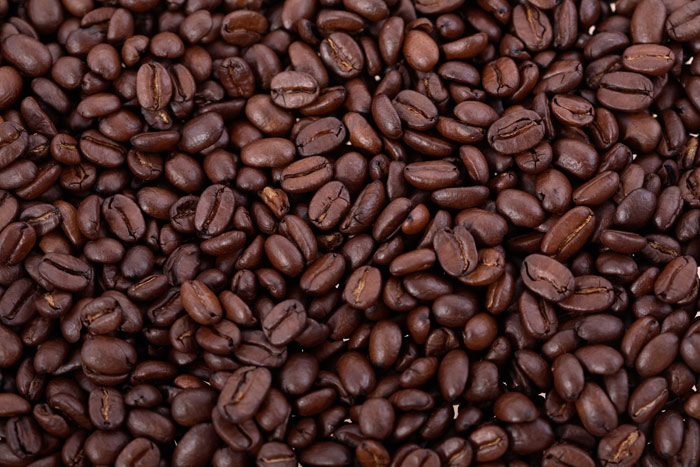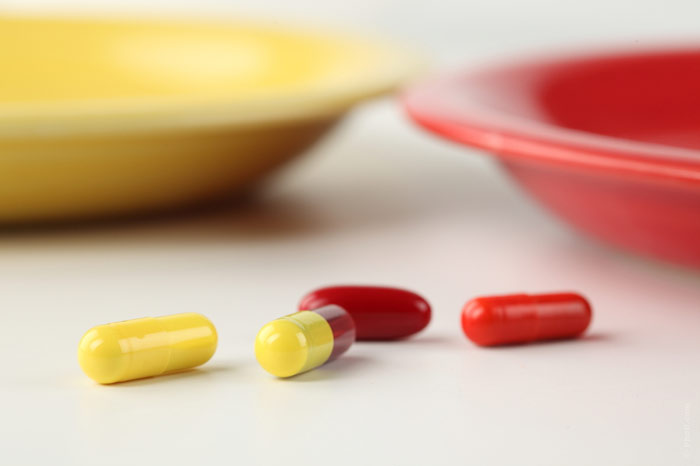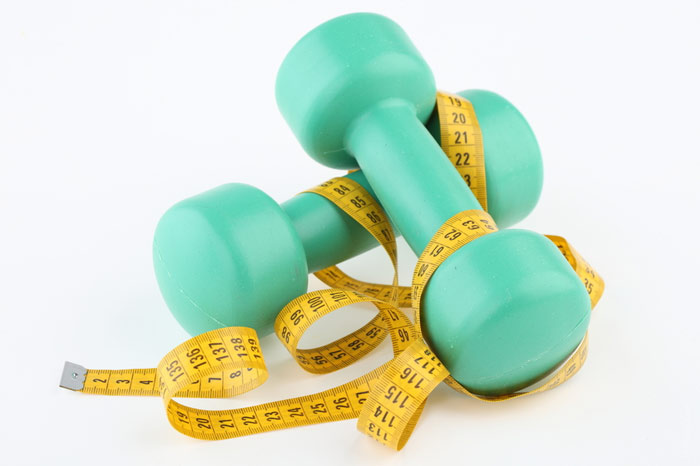Coffee is one of the most popular non-alcoholic drinks in the world. It is valued not only for the taste, but also for the mild stimulating action on the nervous system. We figured out when to drink a cup of fresh tea or coffee to improve athletic performance.

Caffeine is one of the most common stimulants in the world. The results of professional athletes’ analyses show that more than 75% of competing athletes use caffeinated products before and during tournaments.
First of all, caffeine affects the central nervous system, increasing the feeling of anxiety and reducing muscle fatigue, allowing you to work longer and more productively.
Athletes acknowledge that the use of caffeine:
- increases endurance by 3.3-17% of the usual parameters;
- improves power performance by 20%;
- improves sprinters’ performance by 6.5%, and weightlifters’ performance by 9.5%.
As any stimulant, caffeine has side effects associated with overdose.
Side effects of caffeine
- weakly pronounced diuretic effect;
- addiction (in case of prolonged use of more than 200 mg per day);
- sleep disorder;
- feelings of anxiety and apathy.
The most popular sources of caffeine are:
Coffee
Instant coffee may contain between 60 and 180 mg of caffeine per 170 ml of the drink, depending on the type and manufacturer. Fresh espresso contains 80 mg of caffeine per 50 ml.
Many professional athletes drink plain coffee before training. In addition to caffeine, it also contains antioxidants that may slow down the oxidative processes in the muscles during exercising.
Green and black tea
150 ml of fresh green tea contains from 40 to 80 mg of caffeine, depending on the variety of tea. Green tea has a stimulating effect; it can be drunk before fat burning workouts as a catalyst of the process of lipolysis. Due to epigallocatechin gallate, this process will be a bit faster than usual.
Caffeine pills

This is perhaps the most efficient means in this list: one pill or capsule contains up to 100-200 mg of caffeine. It is the most affordable way to get the required dose of caffeine, but it would be too much for an unprepared organism. One has to be very careful when they start using such a stimulant before workouts and take into consideration the impending burden on the blood vessels.
Energy drinks
250 ml of an energy drink can contain up to 120 mg of caffeine. Despite the relative cheapness from a consumer’s point of view, the use of energy drinks in sports is not recommended for several reasons: the presence of carbon dioxide, a large amount of sugar and dubious combination of tonic substances such as taurine, caffeine, and guarana.
Dark chocolate
This is the least sporty alimentary method of obtaining caffeine. One chocolate bar weighing 100 g may contain up to 60 g of the tonic substance, but you will get this portion of the stimulator with a large amount of sugar, so you’d better look for the chocolate with a minimum content of sugar.
Pre-workout supplements

A single dose of good pre-workout supplement can contain up to 300 mg of caffeine, as well as several other, often more potent tonic substances. Creatine, beta-alanine, arginine, citrulline, and other amino acids are added there. Only the athletes, who have exhausted the effects of other nutritional stimulants, should think about buying such supplements.
We should also note that energy drinks are contraindicated in case of the diseases of blood vessels, the heart, the nervous system, and hypertension.
How to take caffeine
It is pretty hard to meet a person who does not drink coffee and does not know his/her dose of caffeine. However, if you managed without the regular use of this stimulant, but now intend to use it to try to improve your athletic performance, start small: 0.3 mg per 1 kg of body weight. The less frequently you consume caffeine, the lower dosage will make you feel its effect.
Doctors do not recommend exceeding the dose of 3 mg per 1 kg of body weight. If the amount of caffeine in blood reaches 6 mg per 1 kg of body weight, it will have the opposite effect, inhibiting the nervous system and leading to the production of large amounts of cortisol.
Utilization of caffeine from the body can take up to six hours, so if you exercise in the evening, do not risk using a high dose of caffeine before the workout not to disturb the sleep rhythms.











